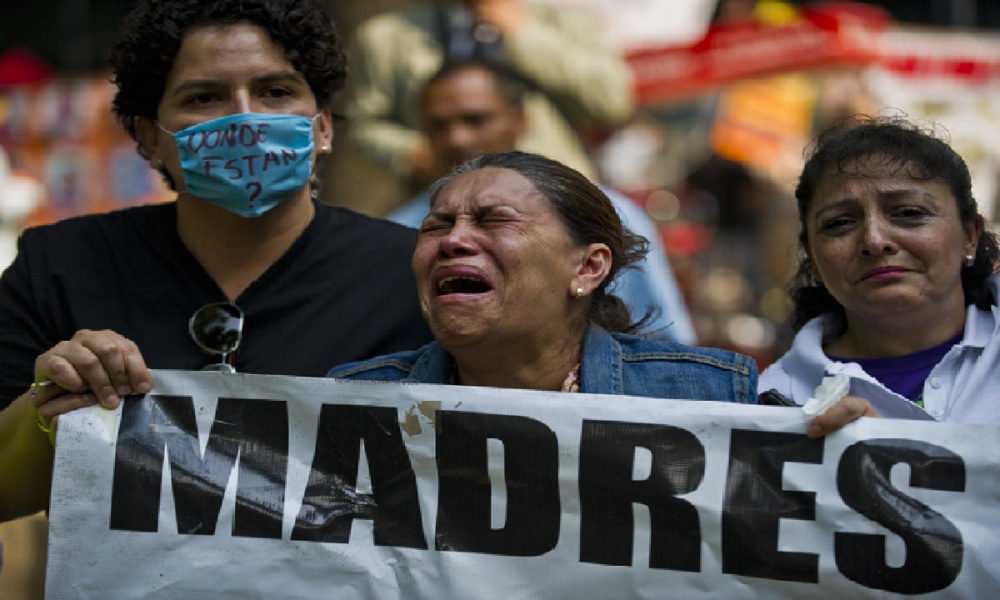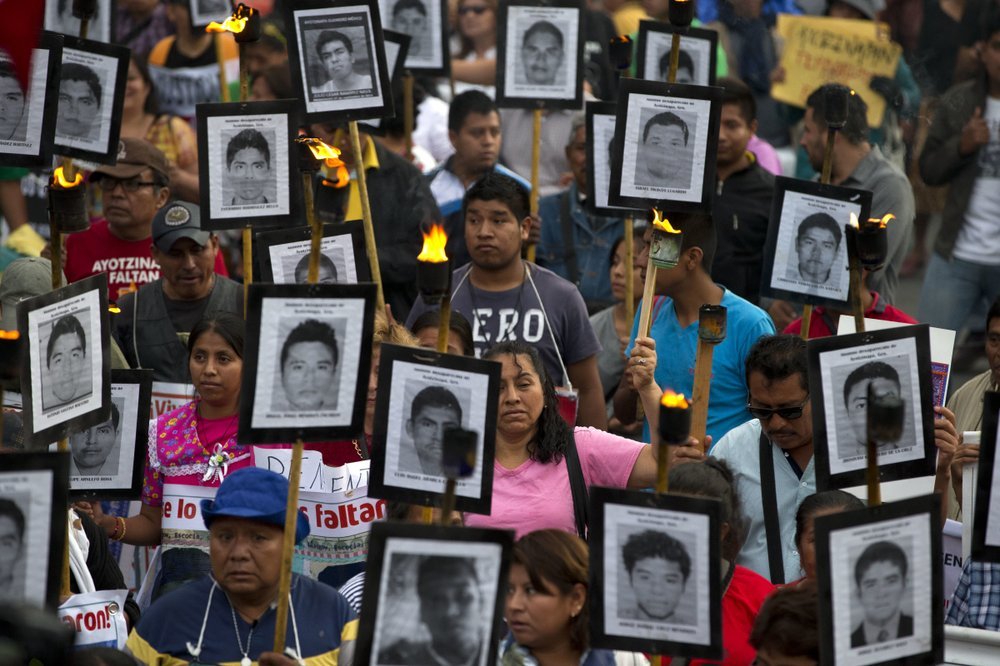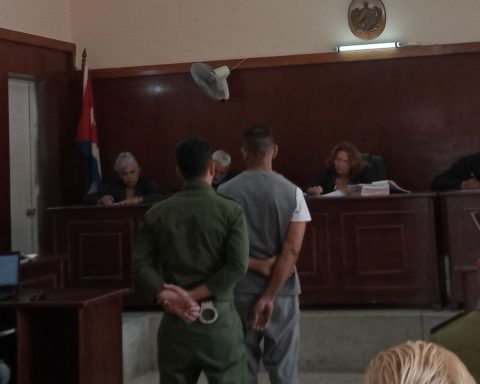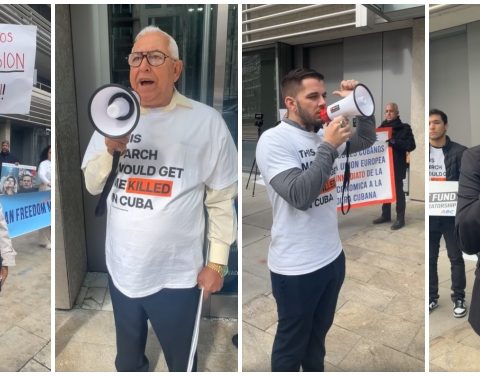Mexico surpassed the figure of one hundred thousand disappeared persons since there was a record in 1964 with a panorama of visibility of the victims and their relatives, but with alarming rates of impunity and promises of the “unfulfilled” institutions.
“The most important thing is that there are one hundred thousand people who are being searched for by their families, who are throughout the country, because the disappearances in Mexico are widespread, they are also disappearances that continue to happen, it is not a legacy of the past. as has been meant,” said María Luisa Aguilar, coordinator of the International area of the Miguel Agustín Pro Juárez Human Rights Center (Prodh Center).
This figure was exceeded on Monday, according to the National Registry of Missing or Missing Persons, to which the NGOs reacted on Tuesday by urging the government to tackle this scourge, which they considered to be much higher than the official figure.
The UN-DH expressed through a statement from the Committee against Enforced Disappearances (CED) and the Working Group on Enforced or Involuntary Disappearances its “deep concern about the growing number. More than one hundred thousand officially registered missing persons in Mexico is a heartbreaking tragedy. The figure speaks for itself and is an unequivocal warning.
For its part, the International Committee of the Red Cross (ICRC) considered that “disappearance is not a thing of the past” and that despite important advances such as the General Law on Disappearance, there is still a need to “implement effective mechanisms.”
In this sense, Aguilar expressed himself, on behalf of the Prodh Center: “I think it is the lack of a State policy that is led from the highest spheres of the country and that can permeate the different authorities,” he sentenced.
He considered that for some years this problem, in addition to having persisted over time, has become more visible thanks to civil society and the relatives of the disappeared persons.
But this progress does not correspond to the institutional measures that, he said, “have individual intentions.” But there is no follow-up of the proposals or promises, both presidential and by state governors or prosecutors, both the attorney general of the Republic and the state prosecutors.

Modifying this situation “is mainly in the hands of the prosecutors” of the states, but also of the FGR, an institution that Aguilar does not see “leading a specific policy on disappearances.”
A week ago, on May 10, Mother’s Day in the country, thousands of women walked in Mexico City, shouting “little to celebrate, much to ask for” to demand that the authorities expand their efforts in the search and in preventing disappearances.

















